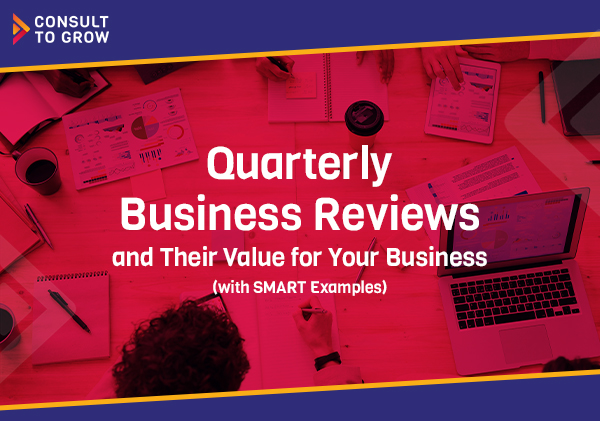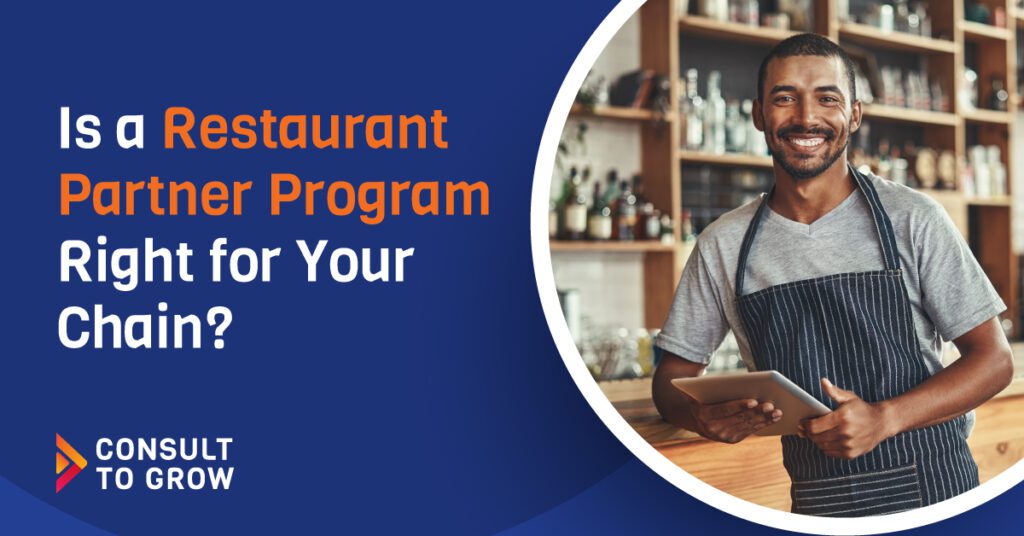
Quarterly Business Reviews (QBRs) and Their Value for Your Business (with SMART Examples)
What Is a Quarterly Business Review (QBR) & Why Does Your Business Need One? Running a business is demanding. As a business owner or founder,

Managing partner, operating partner, restaurant partner, and, sometimes, franchise partner, are all variations of the same concept: a program for elite restaurant general managers who have completed extensive training and consistently deliver exceptional financial and operational results. These elite operators (partners from here on out) are richly rewarded with greater pay and operational autonomy.
In these programs, partners are typically employees of the restaurant chain. In some cases, like at Chick-fil-A, partners are actual franchisees of the business with less favorable business terms than a traditional franchisee; however, they have much higher compensation packages than a traditional general manager. Some programs require the partner to make an up front equity investment and others do not. In all cases, partners receive industry leading compensation through a mix of profit sharing, long term incentives and unique perks.
Partner programs are used by restaurant brands for a variety of reasons, including to attract and retain the very best talent, increase the quality of operations, align general managers to drive sales and profits, and support brand unit expansion. Because these partner programs often introduce long-term incentives paid out over three to five year increments, one of the strongest benefits they offer is management stability. The ability to retain managers in the same position and in the same restaurant over a long-term period creates a tremendous competitive advantage.
TDn2K People Report recently cited rising turnover among restaurant managers. According to People Report’s member companies, “the most effective retention strategies implemented in the last year fit into one of three categories: adjusting compensation for the target group, improving restaurant manager engagement, and providing employees with more training and development opportunities.” And effective partner programs combine all three strategies.
Luring operators away from restaurant brands with operating partner programs is a tall order. Seasoned restaurant recruiters know that persuading a general manager away from companies like Chick-fil-A, Outback, Texas Roadhouse and others, with operating partner programs is rare, if not, nearly impossible.
However, operators can compete with these programs and thrive as a result.

Companies who want to compete for best-in-class general managers are often tempted to jump right into developing their own partner program thinking “if you can’t beat them, join them!” If that is you or another leader within your business, consider asking the following questions:
If you answered “yes” to the four questions above, you are likely in a good position to design and implement a partner program. Start thinking about how you want to structure the program, how general managers can become eligible for the program, and how you want to train and compensate participants and partners who keep their opportunity to remain in the program over time. If you have multi-unit managers, be thoughtful about how increasing general manager compensation will put upward pressure on above-unit compensation.
If you answered “no” to some of the questions above, try not to be disappointed for too long. The questions can also be the path toward solutions. Strong training programs, bonus programs that drive top-line and bottom-line performance, unit-level scorecards and ownership alignment are all part of the journey to become a more robust restaurant brand. Chains like Chick-fil-A, Outback, and Texas Roadhouse have been on that journey for decades. And it has worked wonders.
Jamie Griffin is the Founder & Principal of Consult to Grow. He has nearly 20 years of experience in restaurants working in multiple facets of a high-growth quick-service restaurant chains. He and his firm specialize in helping restaurant chains improve, scale and grow their businesses through better strategy, people, systems and processes.
Originally Published on QSR Magazine here.
Consult to Grow® provides various tools and services to help you develop people strategies to grow your team. We can expertly assess your HR infrastructure, develop custom Employer of Choice strategies, facilitate leadership meetings and retreats, help you design bonus and incentive programs, and design managing partner programs. Ready to get started?

What Is a Quarterly Business Review (QBR) & Why Does Your Business Need One? Running a business is demanding. As a business owner or founder,

Owning multiple locations is often the most exciting milestone for a restaurant or retail owner, but it also comes with unique challenges. This post is

Is the weight of leadership or ownership pressing down on you? Do you wake up each day drained, overwhelmed, and uninspired? Maybe you are struggling